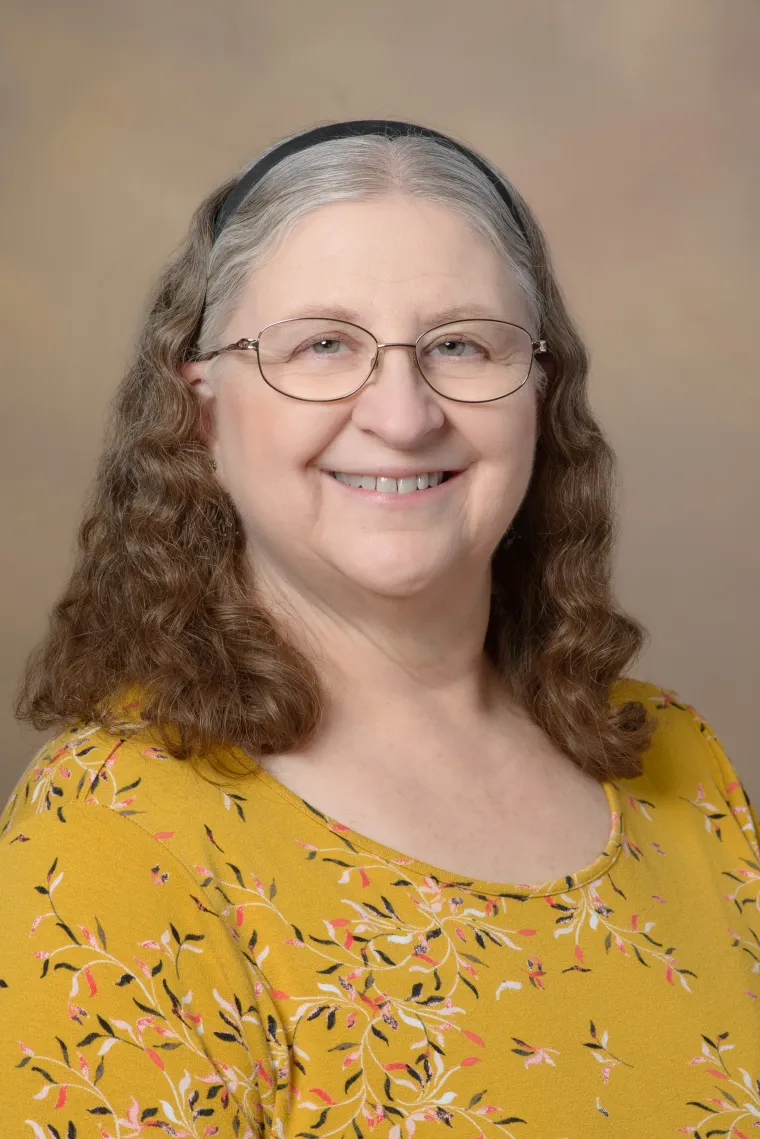The Rural Health Professions Program (RHPP) matches medical students with physicians working in small towns throughout Arizona.
If you’re interested in primary care, or practicing medicine in a rural location, RHPP is a fantastic opportunity for you. Physicians in the RHPP program want to serve as mentors for our medical students, helping you to develop a range of clinical skills. RHPP placements often last for years. You’ll be able to forge a lasting relationship with the patients and community you serve, getting to know its benefits and attractions, as well as its distinctive medical and social challenges.
Rural Health Distinction Track
Students interested in RHPP should also consider pursuing an MD distinction track in rural health, which builds on RHPP service to provide additional clinical and research experience in this field.

Program History
The Rural Health Professions Program was developed in response to a mandate from the Arizona State Legislature in 1996. The legislators’ aim was to encourage graduates of Arizona’s only medical school to practice in smaller Arizona communities where there are physician shortages. RHPP began in 1997 at the University of Arizona College of Medicine – Tucson with members of the Class of 2000.
By providing community-based training for health professions students, RHPP helps prepare a culturally competent health care workforce to practice in Arizona’s rural and urban underserved communities, where significant primary care provider shortages are felt more acutely.
The program has grown to encompass 60 practice sites in 43 communities across Arizona where students spend a minimum of 10 weeks in residence throughout their medical education. RHPP now has many rural preceptors who were in the program themselves when they were medical students at the University of Arizona College of Medicine – Tucson.
Program Policies
- Students participating in the Rural Health Professions Program must attend an 18-week seminar prior to their first preceptorship. This course is designed to help students develop a fundamental understanding of rural health issues prior to experiencing the issues of their host community.
- Each RHPP student is required to spend a minimum of 10 weeks in RHPP rotations throughout their medical education.
- Students will receive a stipend during the initial rotation between years 1 and 2.
- RHPP will provide housing for the student during RHPP rotations.
- Students will be reimbursed for the mileage of one round trip to their site during a rotation. In sites close to Tucson, travel reimbursement may be substituted for housing, since students may elect to commute. Students must keep track of odometer readings in order to be reimbursed.
Program Structure
First-year medical students learn about RHPP at an informational meeting each August. Interested students then submit an application for the program at the beginning of October. Up to 30 students are selected. Newly selected RHPP students participate in an 18-week seminar series during the second semester of their first year of medical school. This seminar covers relevant topics, including:
- Introduction to RHPP and AzAHEC community resources
- Rural health ethics
- Public health & resources
- Issues for rural physicians & patients: case studies
- Common infectious diseases
- Alcohol and substance abuse
- Contraception
- Rural health policy
- Childhood development
- Loan repayment programs
- Health care culture of safety
- Traditional healers’ concepts on health
- Indian Health Services presentation
- Cultural humility
- Generational trauma in Native communities
Students will also be required to develop a short presentation on the community in which they will complete their initial rotation for the entire class. Students are also required to complete a semi-structured reflection journal while on site in the initial rotation, which is to be emailed to Dr. Landau weekly. Students are matched with physician preceptors in rural Arizona.
Preceptors’ practice disciplines include:
- Family medicine
- Obstetrics & gynecology
- Internal medicine
- Pediatrics
- General surgery
- Medicine/pediatrics
Students may spend two or more rotations with their rural physician preceptor during the four years of medical school. These rotations total a minimum of 10 weeks.
- Between Years 1 and 2
- During Year 3 as an elective clinical rotation and/or as a full or partial clinical clerkship in the disciplines listed above
- During Year 4 as an elective clinical rotation



